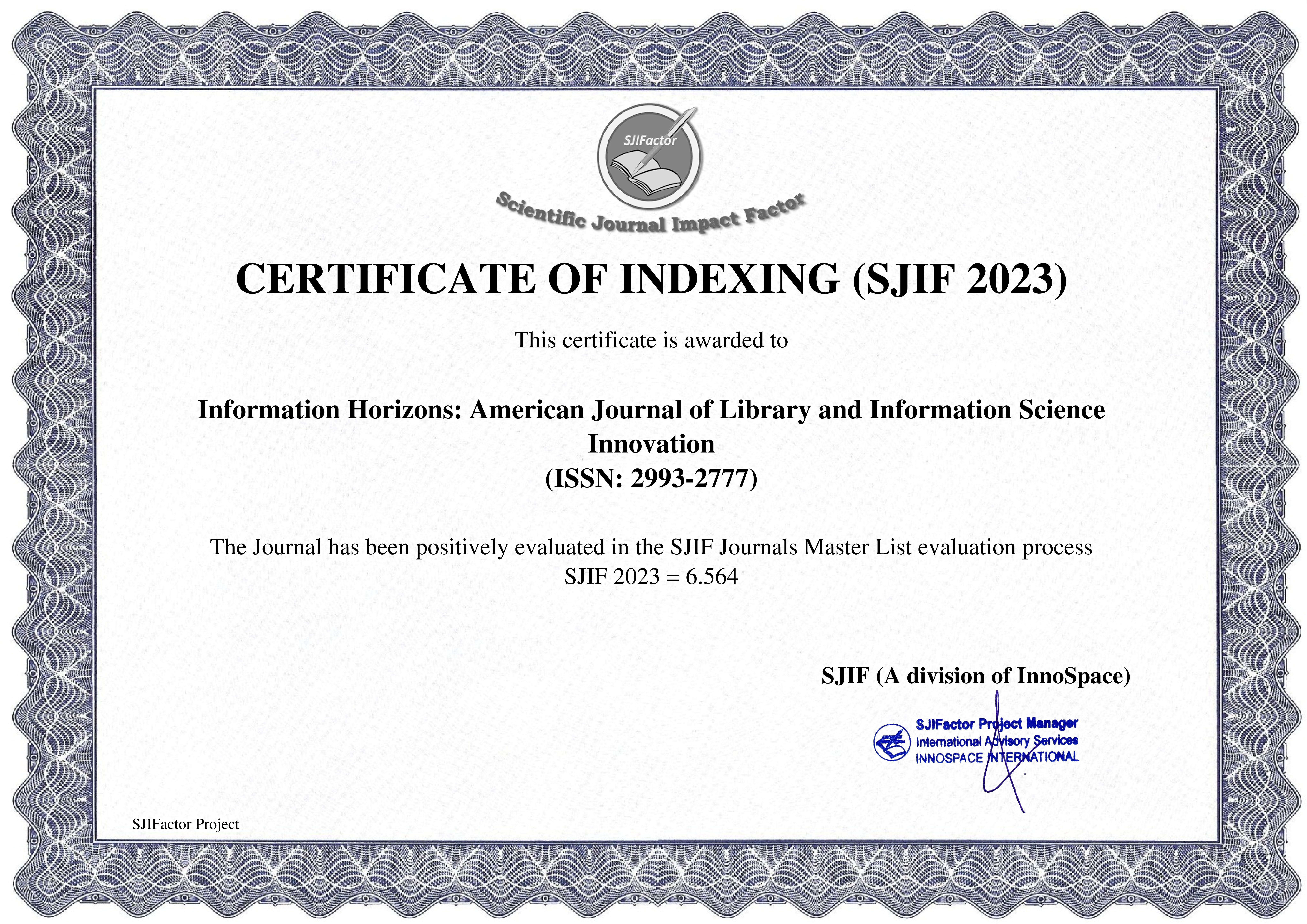How Bioengineered Antifreeze Agents Protect Concrete from Freezing Damage
Abstract
Concrete's susceptibility to freeze-thaw damage poses a significant challenge in cold climates, where repeated cycles of freezing and thawing can lead to severe deterioration. Traditional methods, such as air-entraining agents and sealers, offer limited protection, often falling short in extreme conditions. This article explores the innovative application of bioengineered antifreeze agents to enhance concrete's resilience against freezing damage. Drawing inspiration from natural antifreeze proteins found in extremophiles, these bioengineered agents are designed to inhibit ice crystal formation and mitigate the internal stresses that cause cracking and spalling.
We provide a comprehensive analysis of how these antifreeze agents are developed and integrated into concrete, including their mechanisms of action and the synthesis process. Laboratory and field tests demonstrate that concrete enhanced with bioengineered antifreeze agents exhibits superior freeze-thaw resistance compared to conventional concrete. Results reveal a marked reduction in surface cracking and spalling, alongside improved overall durability.
The article also discusses practical considerations such as cost implications, environmental impact, and safety aspects of using bioengineered agents. Future research directions are outlined, focusing on optimizing polymer formulations and exploring synergies with other advanced concrete technologies. This study underscores the potential of bioengineered antifreeze agents to revolutionize concrete protection in harsh climates, offering a promising avenue for enhancing the longevity and performance of infrastructure exposed to freezing conditions.








